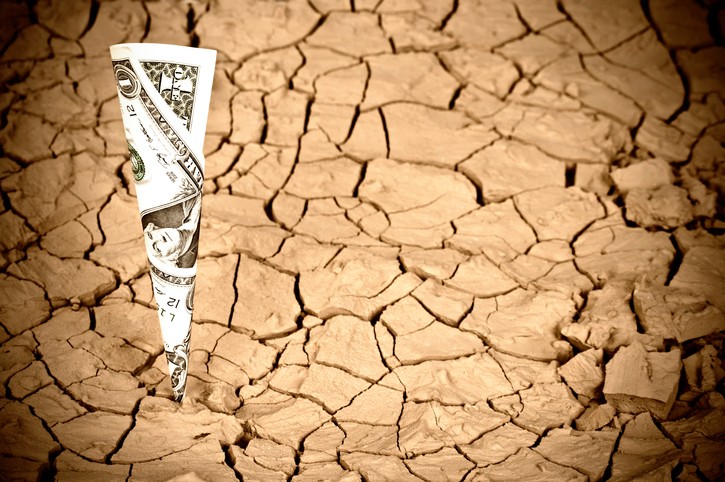Countries in the Pacific should step up their efforts to adapt to more extreme weather conditions and mitigate disaster risks to improve the region’s economic growth and development prospects, according to the latest issue of the Asian Development Bank’s (ADB) Pacific Economic Monitor launched yesterday.
“Many Pacific countries have taken steps to improve resilience, such as integrating climate change adaptation and disaster risk reduction into their national policies, climate-proofing infrastructure, and building financial resilience,” said Carmela Locsin, Director General of ADB’s Pacific Department. “This is very good news, but more innovative approaches and greater institutional capacity can help to respond comprehensively to climate change risks.”
The subregion’s growth outlook for 2018 is adjusted downward slightly to 3.2%, due largely to dampened economic prospects for some of the North Pacific and small island economies. As a positive development, visitor arrivals in the Cook Islands and Fiji—the two largest South Pacific tourist destinations—have recorded strong growth in 2017. Samoa and Vanuatu also saw solid growth from their tourism markets.
The Monitor, ADB Pacific Department’s flagship economic publication, focuses on country issues as well as current and critical policy themes. This edition focuses on climate change adaptation, featuring articles examining the vulnerability of Pacific economies to the impacts of climate change and disasters, and how they are addressing these impacts.
Articles in the Monitor look at the effects of climate change on tourism in Palau and the importance of green urban development in the Solomon Islands and Vanuatu, especially after the recent climate-related disasters. They also look at the improving water supply and sanitation services in Nauru, and options to address weather-related fluctuations in fishing license revenues in Micronesia and the Marshall Islands. The Monitor examines how national governments in the South Pacific are formulating plans and, with the help of development partners, exploring approaches to finance the interventions necessary to address climate change risks.
A topical policy brief in the Monitor discusses ADB-supported efforts to promote low-carbon development, climate-resilient infrastructure, regional knowledge-sharing, and innovative financing solutions in the Pacific. It also provides a tool kit of options to build financial resilience to the impacts of climate change. These include disaster-contingent lines of credit and sovereign insurance schemes that may be tapped to help Pacific economies recover in the wake of disasters. Another policy brief looks at urban solid waste management in Timor-Leste and strategies to reduce greenhouse gas emissions.
Other articles in the Monitor examine the current policy framework for state-owned enterprises in Timor-Leste, and efforts by the recently-formed government in Papua New Guinea to address fiscal challenges.
The Pacific Economic Monitor is a bi-annual review of economic developments and policy issues in ADB’s 14 developing member countries in the Pacific. In combination with the Asian Development Outlook series, ADB provides quarterly reports on economic trends and policy developments in the Pacific. The Monitor welcomes contributions of policy briefs from external authors and institutions.

